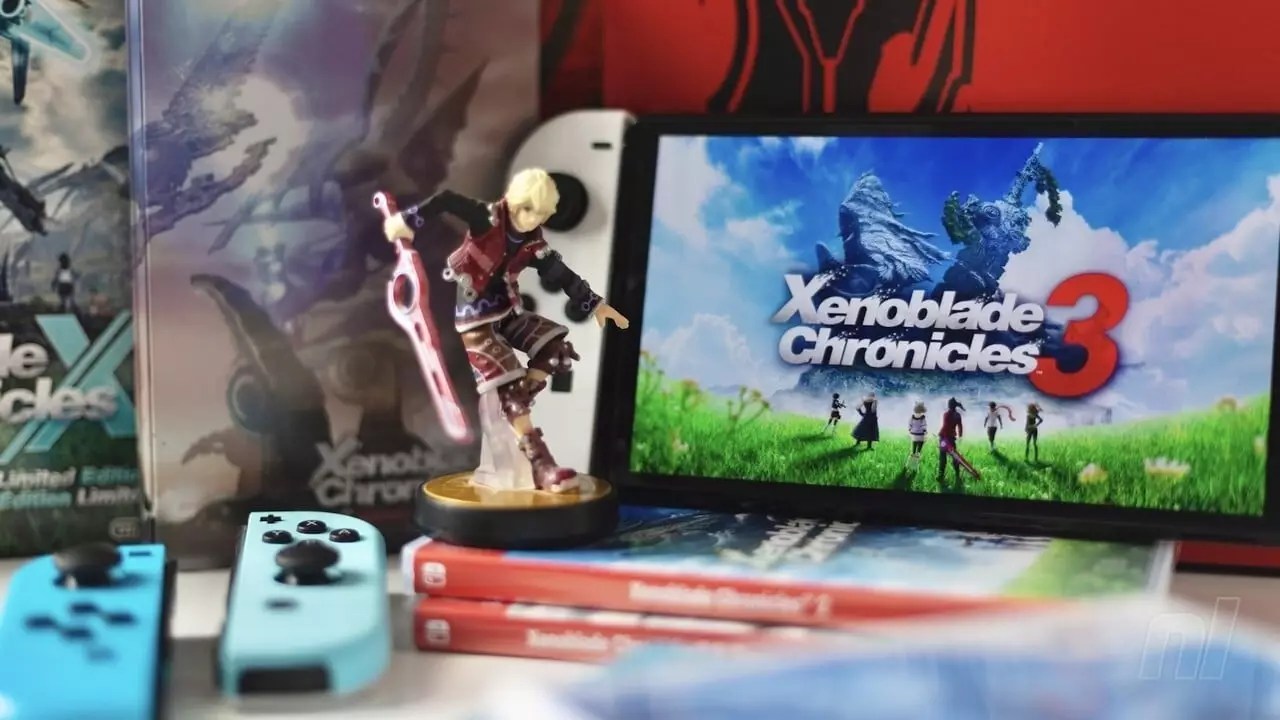In a significant move for its future projects, Monolith Soft, the creative force behind the critically acclaimed Xenoblade Chronicles series, has announced expansions to its in-house game engine. This evolution comes alongside the establishment of a dedicated Research and Development (R&D) department, marking a transformative step in the studio’s approach to game creation. In a recent dialogue with the Japanese publication CGworld, Monolith Soft’s Chief Creative Officer, Tetsuya Takahashi, along with lead programmer Michihiko Inaba, elaborated on their strategic goals and development aspirations.
The upcoming engine enhancements are rooted in the technology that powered the original Xenoblade Chronicles, which launched in 2010. Inaba highlighted the studio’s ambition to internalize more aspects of game development, with a view to ultimately have the R&D team independently manage the sophisticated tools and systems necessary for modern gaming production. Monolith Soft faces the inherent difficulties of keeping engine development in-house; however, Takahashi argues that this path allows for improved customization to fit the studio’s distinct artistic and functional needs.
The merger of Monolith Soft’s capabilities with Nintendo’s resources has spurred a pronounced increase in the studio’s workforce. This growth is an essential element of adapting to the amplified expectations from the gaming community and industry stakeholders. With the larger operational scale and heightened demands for quality, the establishment of the R&D unit has been both pragmatic and strategic. Takahashi emphasized that this department is not merely an addition but a vital component designed to enhance productivity and keep pace with the evolving landscape of game development.
As Monolith Soft eyes the horizon, the establishment of the R&D team signifies a forward-thinking approach to game development. This unit is tasked with refining workflows, enhancing toolsets, and pioneering groundbreaking technology—all crucial for maintaining the studio’s reputation for high-quality storytelling and immersive experiences. Given the success of Xenoblade Chronicles 3, released on the Switch in 2022, fans are left excited yet curious about what future projects may unfold.
While details surrounding forthcoming titles remain shrouded in secrecy, the success of prior games provides a solid foundation for speculation. The community fervently discusses the possibility of new adventures on a ‘Switch 2’ platform, although official confirmation remains elusive. Monolith Soft’s commitment to nurturing its internal capabilities through innovation raises hopeful expectations for the evolution of their upcoming projects, ensuring that players will have remarkable journeys ahead. The marrying of creative vision with technical prowess has the potential to usher in a new era for Monolith Soft, positioning itself as a leader in the gaming industry amid challenging, yet exciting, times ahead.


Leave a Reply